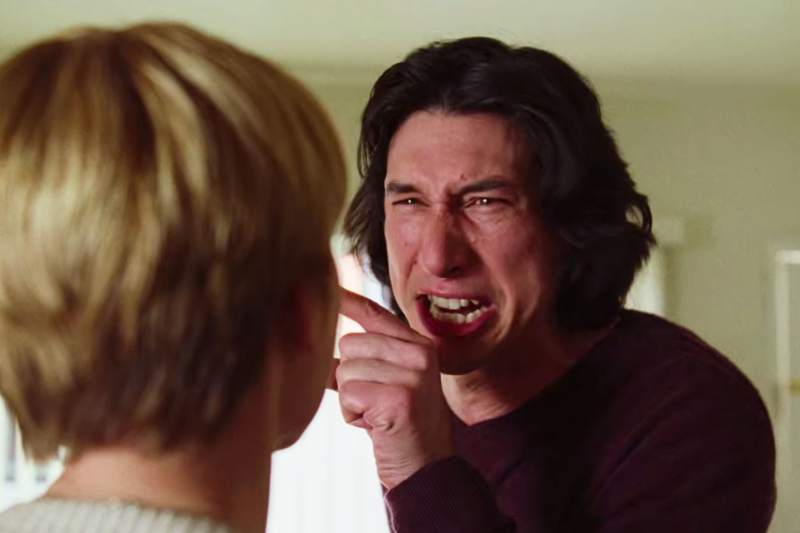“Marriage Story:" A Different Perspective
Gallery

“Marriage Story” is a movie directed by Noah Baumach, based on his own marriage and inevitable divorce with Jennifer Jason Leigh, an actress best known for her roles in “The Hateful Eight,” “Atypical,” and “Annihilation.” Already winning Laura Dern the Golden Globe Award for Best Supporting Actress, Adam Driver the AACTA International Award for Best Actor, and Scarlett Johansson the Satellite Award for Best Actress, “Marriage Story” has been nominated for Academy Awards for Best Picture, Best Original Music Score, Best Original Screenplay, Best Actor (Driver), Best Actress (Johansson), and Best Supporting Actress (Dern).
Throughout the movie, viewers get a solid idea of Baumach’s side of divorce. We get to see what may arguably be his wife’s perspective more at the beginning of the film, and then about halfway through, it slowly transitions into his perspective, ultimately forming a good side and a bad side. I’m sure you can guess whose side was the good side. First, we see the struggle Charlie (Driver) has keeping his son around, when the son clearly sides more with his mother (Johansson), due to Charlie’s devotion to his work and lack of quality time with his son. On top of that, he made a martyr of himself during the divorce process by repeatedly mentioning how he had been struggling more financially by staying in Los Angeles and hiring an expensive lawyer. He made a point to make it look like the odds were stacked against him, when there were many times throughout the movie that he brought it on himself; for example, when he cheated on his wife and then made himself out to be the victim. The movie just ended up feeling more like Baumbach used his audience for therapy.
The film fails to consider the importance of the child’s perspective during a divorce. The son’s main role seems to be to provide an emotional vessel for the shame and guilt of Charlie, the husband. The challenges of the son (Azhy Robertson) are seen through the skewed perspective of the parents, and never do viewers get a sense of how the son is really being affected by the dramatic performances of the larger than life stars of “Marriage Story.”
While the film privileges Charlie’s point-of-view, that myopia may help explain the lack of understanding of how divorce affects children. When a social worker came to Charlie’s house to observe how he was with his son, Charlie cuts his own arm with a knife and panics. A few minutes later, she leaves and Charlie rushes to the kitchen to try and stop the bleeding, but appears unsuccessful, as he is not putting pressure on the wound and is merely wasting all his paper towel instead. Then, without calling an ambulance or stopping the bleeding, he falls on the kitchen floor and just lays there and the scene ends. The focus of the scene was so much on Charlie and his bleeding that the importance of the work of the social worker and of the son are marginalized.
While the film won, and was nominated for many awards, viewers might consider the film from a different perspective, such as how much the film favors Charlie’s perspective to the detriment of those around him.
